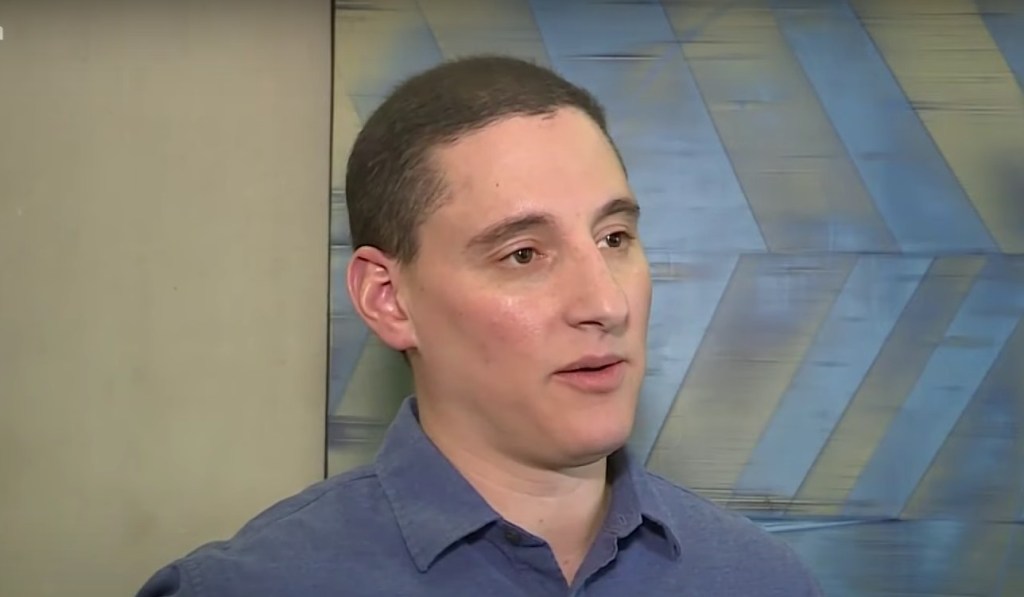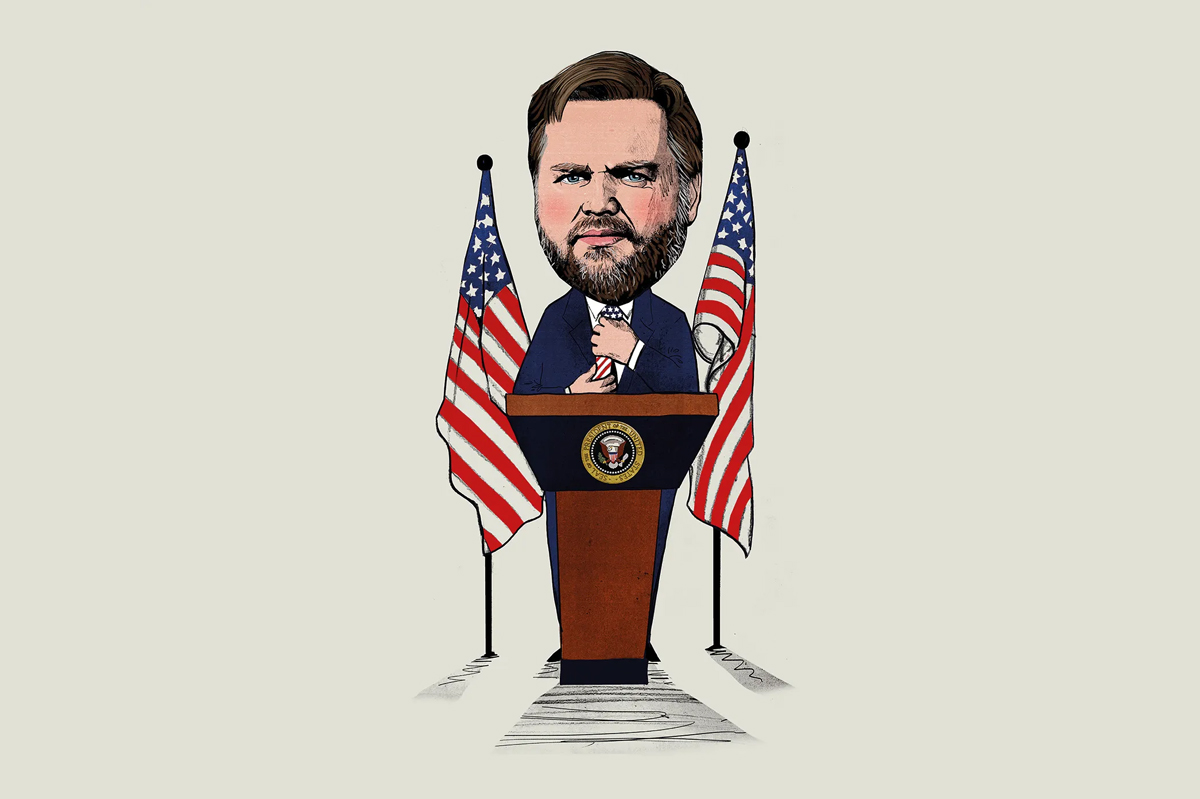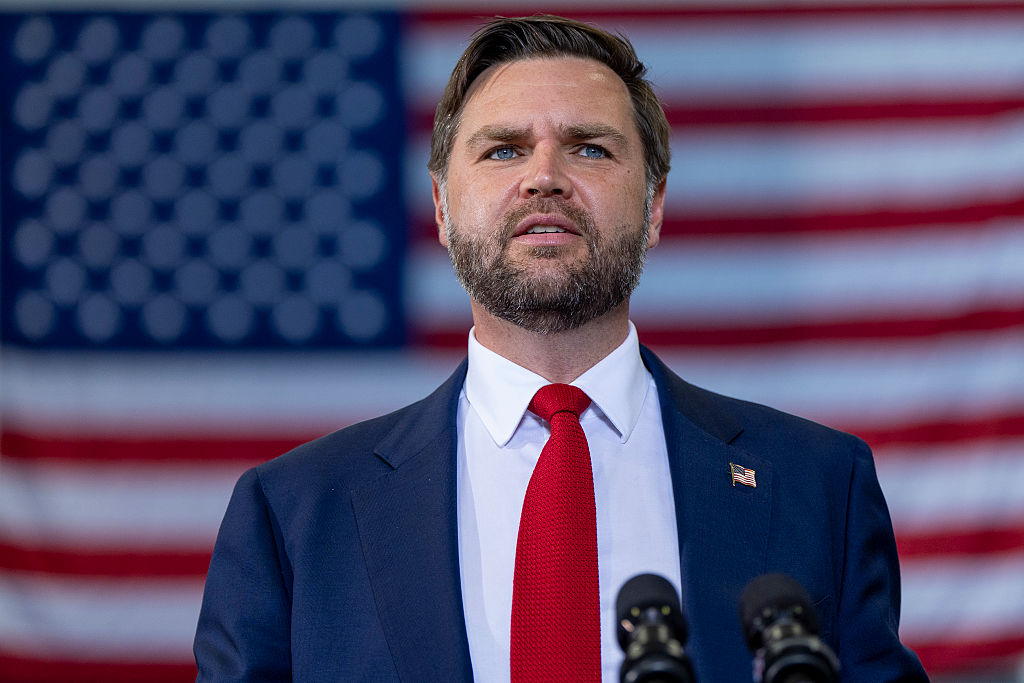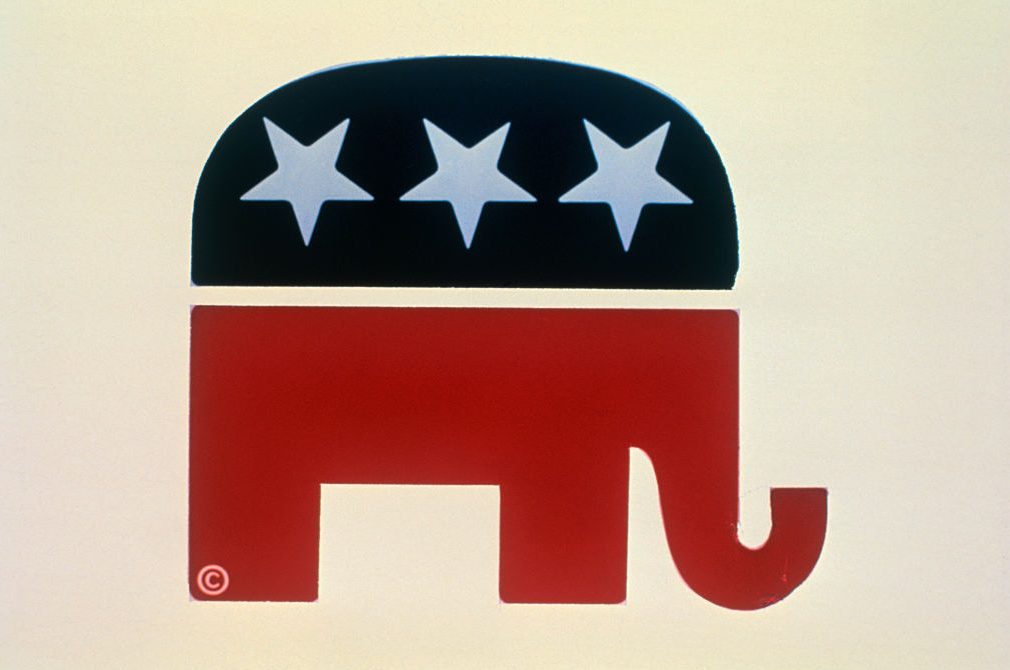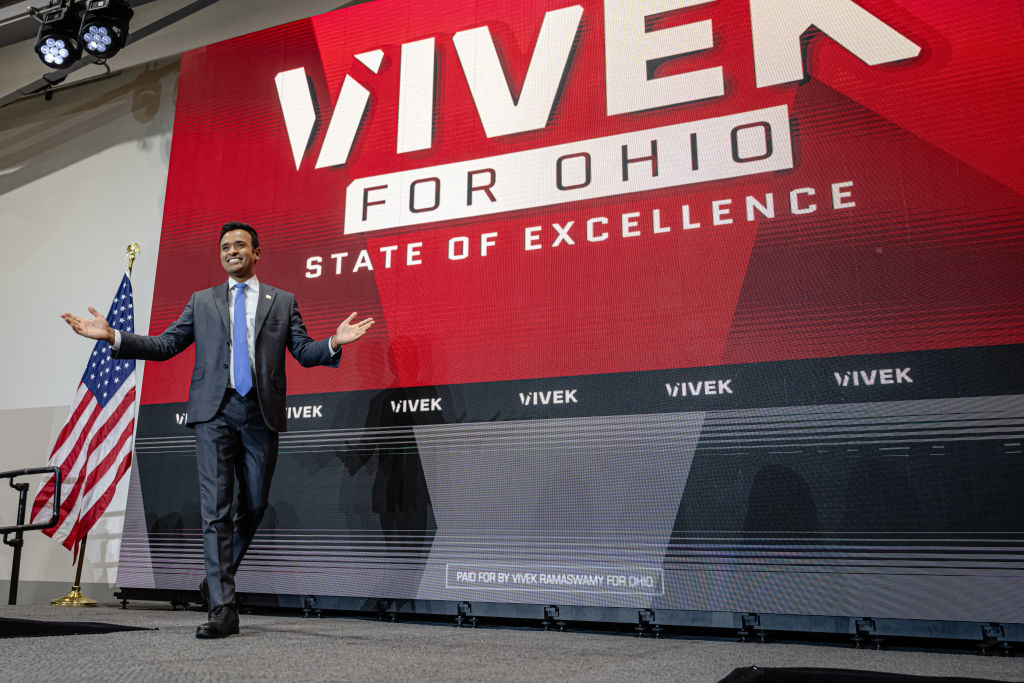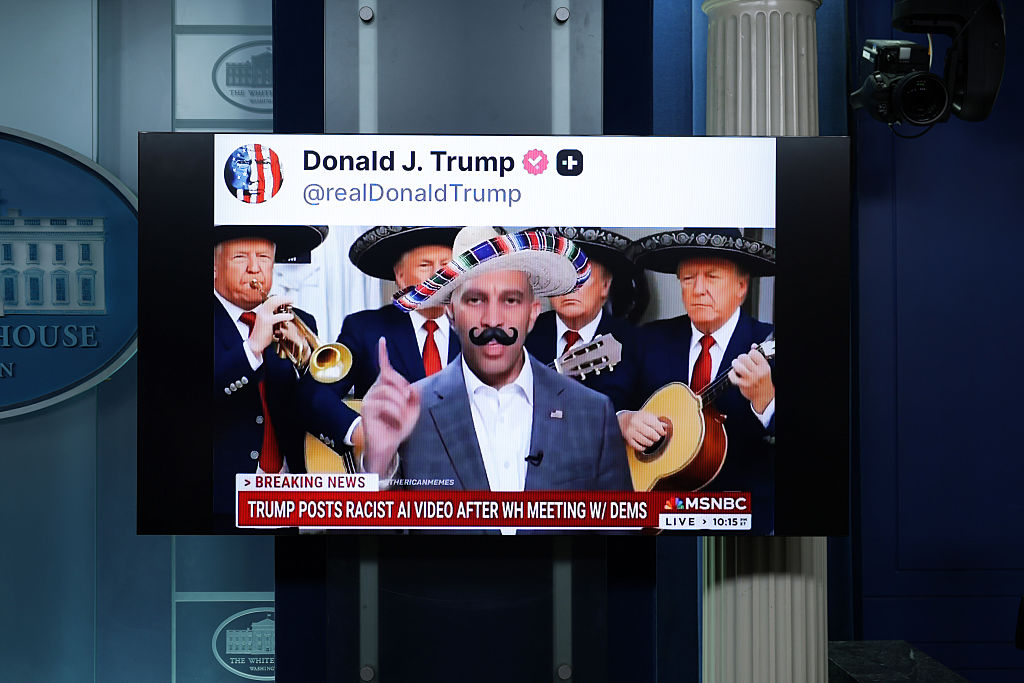A veteran, some career politicians, and a venture capitalist-turned-author meet on a debate stage. No, this isn’t the start to a joke. These are the Republican candidates vying to replace Ohio’s moderate GOP senator, Rob Portman, who announced his retirement in January.
Since then, a flurry of contenders have thrown their hats into the ring. Josh Mandel is the former treasurer of Ohio who’s run a mostly spectacle-laden campaign, sucking up to Trump and lighting masks on fire. J.D. Vance is the author of Hillbilly Elegy and is popular among nationalist and postliberal thinkers in Washington and on Twitter.
The race so far has been a circus. Yet the differences between the two headliners couldn’t be more stark.
On October 14, at a candidate forum organized by the Ohio Press Network, participants were asked which senator they would emulate if sent to Washington. Mandel said he would try to follow in the footsteps of Utah Republican Mike Lee, whom he hailed as an authority on the Constitution. J.D. Vance, who has garnered the most media attention but has failed to gain significant traction among primary voters, said he would try to be like Josh Hawley, the firebrand populist Missouri senator who played a significant role in trying to overturn the results of the 2020 election by objecting to the congressional certification of the results.
Mandel’s and Vance’s responses are quite revealing. While by no means a Never Trump Republican, Mike Lee represents the fusionist wing of the GOP à la Ronald Reagan. While he has advocated for a more limited foreign policy footprint, he has long been a proponent of laissez-faire approaches to most domestic policy concerns, which has gotten him derided by some big-government conservatives as a “market fundamentalist” in bed with big tech. The fact that Mandel praised Lee might show that he intends to be a “fighter,” but he’s still somewhat tethered to traditional conservative principles.
Senator Hawley, on the other hand, is a champion of the latest iteration of the “new right,” those who claim that the “stale” free-market thinking pervasive in conservative intellectual circles has decimated traditional families, plundered the white working class, and sold out the country to adversaries like China. Hawley is more inclined to grant his blessing to state interventions in the economy if he thinks they will revive the manufacturing sector or bludgeon Silicon Valley. Vance’s desire to mimic Hawley suggests he plans to legislate in a similar vein.
Vance has long been a prominent figure on the postliberal right. His memoir, Hillbilly Elegy, has been called “one of the six best books to help understand Trump’s win,” and he has been proclaimed the “voice of the Rust Belt.” Even as he’s distanced himself from his previous critiques of Trump, he represents the intellectual facet of the burgeoning nationalist-populist movement. He has made numerous appearances on Tucker Carlson Tonight, the largest platform for this perspective, and has the support of nationalist-oriented groups like Turning Point Action.
Mandel is far more performative. His juvenile behavior on the campaign trail might lead one to believe that he is the true heir to Trump’s legacy, but his stunts are a poor substitute for substance. Yet just a few years ago, he was endorsed by the Chamber of Commerce, and his commendation of Lee reflects this. Mandel hasn’t made the transition to national conservatism, as shown by his legacy of fear-mongering about “socialism” and his stated commitment to deregulation and tax cuts.
Mandel currently leads in the polls. That edge over Vance demonstrates that most Republican voters haven’t truly bought into Sohrab Ahmari-ism and given up on limited government. They seem to be primarily motivated by resentment toward those they perceive as imposing hyper-political correctness and locking them out of mainstream culture. To the base of the GOP, Trump fights back against those elites on their behalf, and other politicians’ displays of fealty to him signal a similar willingness to fight.
If this hypothesis is correct, there is potential for someone to recover the party from the clutches of Trump’s personality cult by exhibiting a similar willingness to combat cultural decadence and decay, while still maintaining a commitment to republicanism and free enterprise.
Mandel certainly isn’t going to be the restorative figure the party needs. But center-right conservatives ought to be rooting for him all the same, as strange as that might sound. Conservatism needs to maintain its commitment to limited government and individual freedom. And politics is always the choice between two evils.



